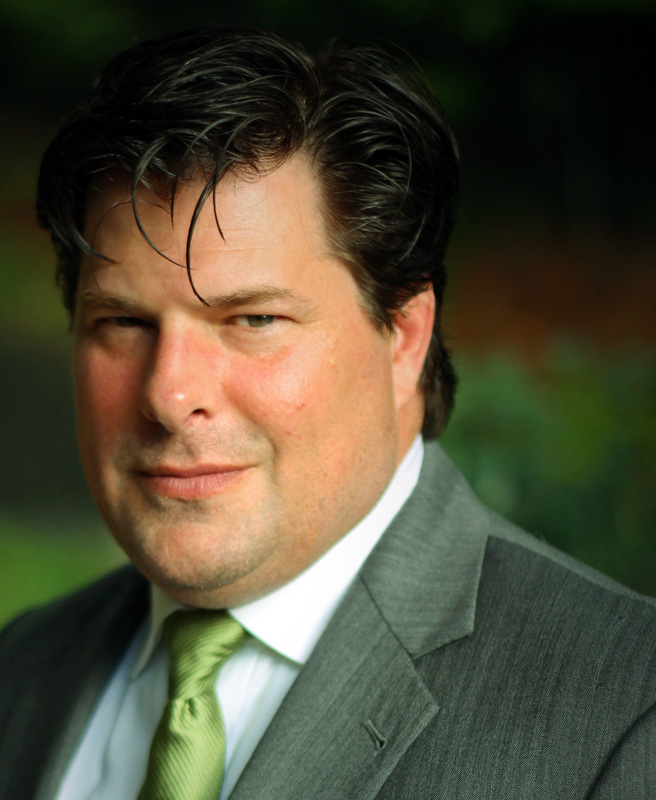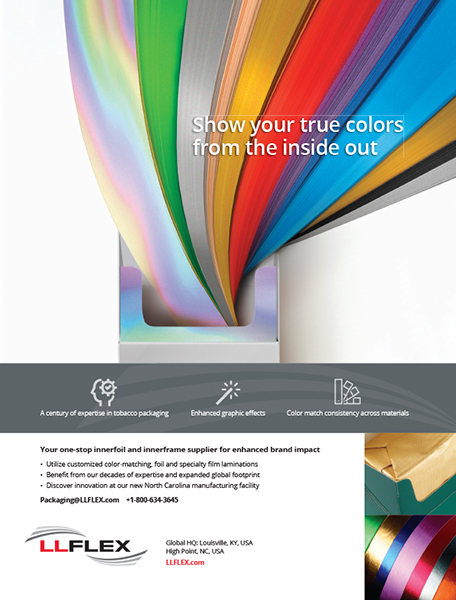Recon Mission
- Also in TR Print Edition
- October 1, 2020
- 0
- 2
- 12 minutes read
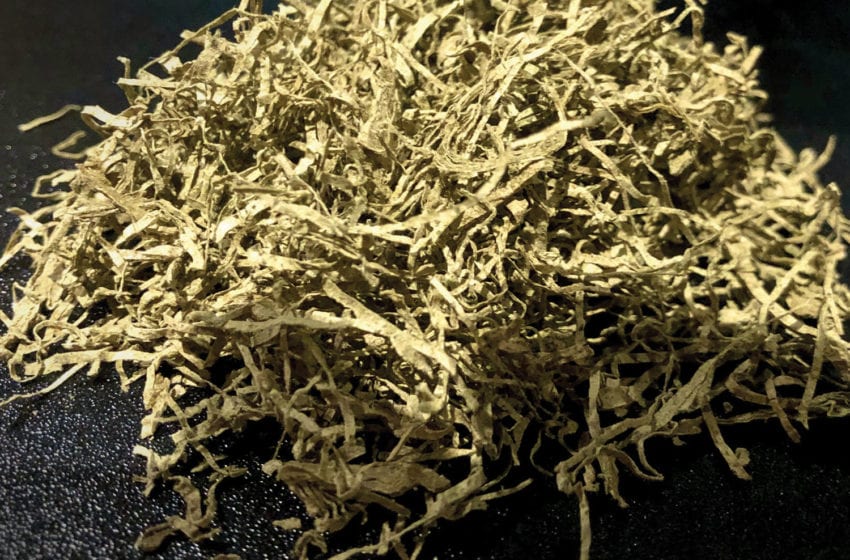
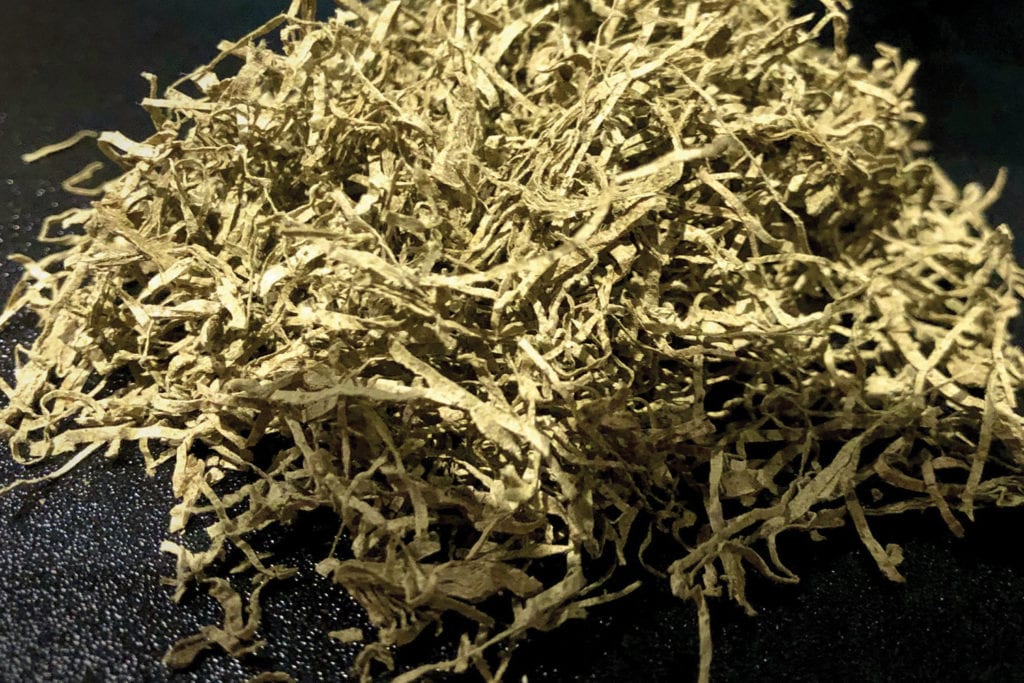
LeafLAB has revolutionized the all-natural hemp and CBD markets with its new, consistent and high-quality hemp-based botanical recon product.
By Timothy S. Donahue
Regulation is coming for the cannabidiol (CBD) industry. The U.S. Food and Drug Administration (FDA) has said that it recognizes the opportunities that cannabis or cannabis-derived compounds may offer and acknowledges the significant interest in these possibilities. However, the FDA is also aware that some companies are marketing products containing cannabis and cannabis-derived compounds in ways that violate the Federal Food, Drug and Cosmetic Act.
To prevent the health and safety of consumers from being placed at risk, the federal agency plans to regulate CBD and other consumable hemp products. It is expected that the FDA will regulate smokable CBD products much in the same way that it regulates traditional tobacco products. That means a product must be consistent and able to be tracked and traced back to the farm level. This could present several challenges for manufacturers, especially when trying to find consistency in quality and quantity of CBD and other variables in cannabis plants for smokable flower products.
LeafLAB, the botanical-based brand of SWM International, a manufacturer of tobacco papers and reconstituted tobacco technologies, can produce reconstituted cannabis substrates to use in the production of smokable CBD products and accessories. Among its many specializations in plant-based botanicals, LeafLAB produces product from all-natural industrial hemp biomass that complies with all regulations for THC content of less than 0.2 percent. The company also produces industrial hemp-based filtration media and papers for cigarette paper and traditional roll-your-own (RYO) applications, not to mention technical support, service and a global reach to its customers.
“We’re taking the knowledge and experience of our leadership in the tobacco industry to help bring a new market to fruition through the addition of new product opportunities for the existing consumer and our direct customer base,” says Alex Boone, director of alternative products for SWM. “Centuries of tobacco experience can now be used for those same components used in tobacco products but now replacing tobacco with all-natural industrial hemp-based raw materials.”
Distinct parallels

LeafLAB’s ties to the tobacco industry play a pivotal role in the development of its smokable hemp products. “We believe the technologies and knowledge that we’ve developed over time in tobacco have a distinct and valued parallel for this new industry. Today, 45 percent of the legal cannabis market is still flower—smokable flower,” says Boone. “Not only have we created hemp-based botanical wraps to support the current combustible flower market, but our cut rag filler products allow our customers another opportunity to offer completely distinct product lines, including tobacco-free alternatives to mainstream cigarette smokers.”
LeafLAB specializes in all-natural products. Boone explains that with today’s lifestyles leaning toward more all-natural products, there are not many options beyond smokable flower. LeafLAB makes hemp products better through a patented process technology that eliminates the necessity for chemical additives, says Boone. Through its botanical process, LeafLAB uses legal cannabis flower to create smokable products efficiently using the same high-quality systems of infrastructure and quality control that is used in the tobacco industry.
“Instead of using hemp from just the stalk as is done in many textile and paper making processes, we are using the raw leaf and flower biomass to produce our product, and that’s the key. It’s naturally aromatic; you can still smell, and to a lesser degree taste, the natural terpene profile of the raw material. Many of our customers have said that our product looks, feels and smells like real hemp. That’s because it is—and all of this without a papery taste. By being neutral, our customers can apply their own terpene and or flavor profile,” Boone says. “The range of tastes from the consumer are infinite. From high terpene profiles to match cannabis-like flavors to heavy fruit and honey-based products for others. However, what they all want is something natural. Now, we can do that in a 100 percent hemp product that is completely tobacco and nicotine free.”
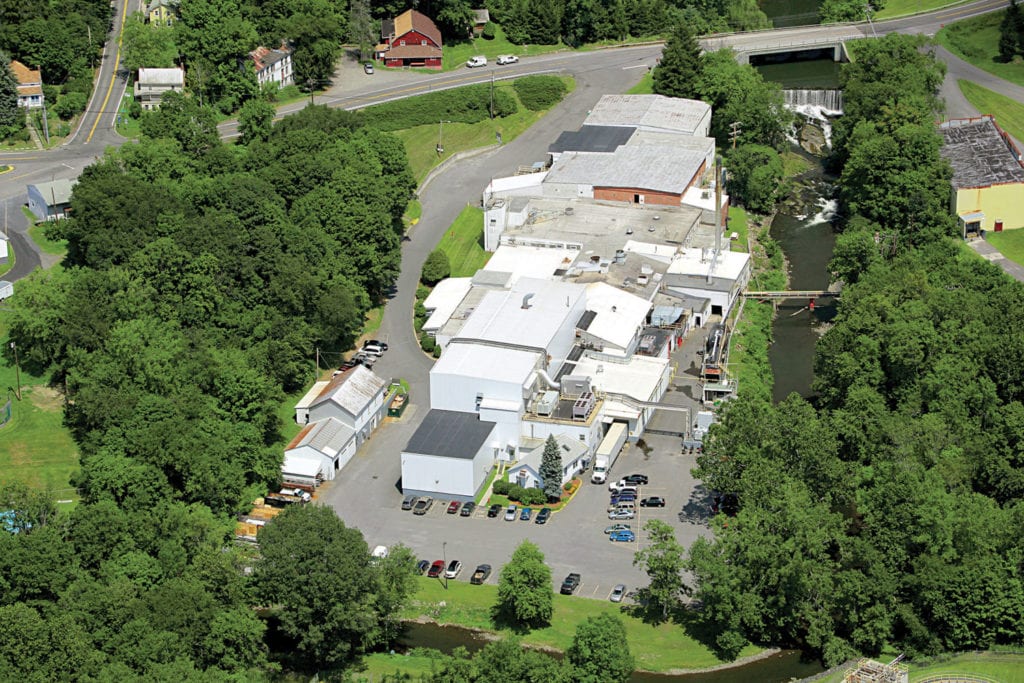
Advances technologies
Over the last year, LeafLAB has developed advanced processes for making products such as hemp leaf and flower-based blunt wraps and cones and for machine-made CBD cigarillos (hemp pre-rolls). “We have a whole line of RYO hemp wrappers that complement our traditional lines of cigarette paper and RYO papers that can be used on machines to roll these new hemp sticks,” explains Boone. “In addition, we have an all-natural hemp-based filler or cut rag that is 100 percent hemp ‘recon’ in which terpenes, flavors and CBD can be added for mass market stick production where controlling levels of active ingredients is essential for meeting future potential regulatory control.”
SWM invented the reconstituted tobacco market in the mid-1950s, first with binders and wraps for machine-made cigars and later as a filler used by tobacco blenders, not only as a recycling option for expensive virgin material but also as a tool for blend design optimization through higher filling power and to control consistency from one tobacco crop year to the next.
“Much like in tobacco, LeafLAB’s hemp-based filler can use distinct blends to create this same consistency for its customer’s products year after year,” says Boone. “In addition to our cut rag offering previously mentioned, our hemp ‘recon’ is also a great blender with hemp flower allowing for better control. That blending not only enables a manufacturer to be able to blend from one crop to the next but allows for usage of high-speed machinery and control of sensory properties. Our recon substrates allow for excellent retention of flavor and active ingredients.”
LeafLAB uses specific biomass from suppliers or biomass that is directly specified by its customers. Boone explains that LeafLAB gives manufacturers that choice because many customers want that “farm-to-table” experience for their consumers. “We are also very choosy in the consistency of our raw materials. High leaf and flower content and low stem—that is the perfect fit for our process to allow for the best opportunity for paper forming characteristics and taste,” he says. “Regardless, all raw materials go through an extensive laboratory and taste profile testing prior to use in a commercial setting. Additionally, we require our suppliers to provide a full spectrum analysis—pesticides, heavy metals, THC/CBD content, etc.—and farm traceability of each biomass shipment. Our customers can be assured we are setting the appropriate standards necessary for safe and reliable products.”
Runnability

The ability to have a hemp product work well on current cigarette rolling machine designs is important. Raw hemp flower is typically too sticky and granular to be used in traditional tobacco rolling machines. Boone says that LeafLAB’s hemp sheets help meet the needs necessary for bringing smokable hemp to a mass market.
“Today, legal cannabis runs very slowly on traditional cigarette machines. We estimate somewhere in the 300 sticks per minute range. This is not efficient for high-speed makers. We understand there is new machinery under development that is beginning to make the process easier. These new machines will run up to 1,500 sticks a minute and greatly improve pre-roll stick production,” says Boone. “With our product, you can run as high as 6,000 sticks per minute using our hemp wrapper and hemp cut rag combination and perhaps higher running a 100 percent hemp cut rag. Now, you are able to achieve the speeds of traditional cigarette production. So, suddenly, you can build to scale smokable hemp products that you otherwise could not have. This is a game changer.”
LeafLAB started in 2014 as a botanical innovation platform for SWM that was geared toward using something other than tobacco to bring new products to market. LeafLAB started with reconstituted tea and moved on to reconstituted mint, sage and even cocoa, to name a few. “Today, we have a line of packaging paper using cocoa shells as its base material called Cocoa Paper,” adds Boone. “It’s really rather cool.”
With the tobacco industry in decline, Boone said LeafLAB was a catalyst to start using the knowledge and experience of SWM to invent new products, such as the recon-style tobacco substrates used in heated-tobacco products (HTP). Today, this dedicated form of recon is an essential component of the consumables used. Currently, LeafLAB has 15 patents and over $7 million invested in its product development.
Packaging is also important when developing a brand of products. That packaging can be designed to have a familiar feel to the end user. If someone is using smokable CBD to help stop smoking nicotine cigarettes, for example, having the same style of packaging and consistency of product are major influencers of getting a consumer to commit to a brand, according to Boone. “We’re suggesting that, if you have a product that’s consistent—you can control it—you can get that into the mainstream market,” he says. “You can also make it taste like tobacco if that’s what’s desired.”
Looking ahead, Boone says LeafLAB will continue helping to improve the commercial hemp industry by teaching the supply chain how to conform to its legacy business quality control and proven SWM protocols coupled with the requirements of the non-THC legal cannabis industry. “We’re blending those two to have a very good quality product that follows strict standards and where our customers can trust in our COA [certificate of analysis] that says, ‘This is California regulation compliant’ or ‘this is FDA complaint’ when the time comes. That is the ultimate goal,” Boone explains.
Moving past the unknown regulatory environment, Boone says there is plenty of opportunity for LeafLAB’s products throughout the world. “We’re watching Europe. I would say that the U.S. and Canada are growing quickly—plus 18 percent CAGR [compound annual growth rate]. The next major markets in [the] EU are Luxembourg, Belgium, Spain and Germany,” he says. “South Africa just issued industrial hemp legislation but remains conservative in their approach. Overall, it will take time, but we are bullish on growth of legal smokable hemp products.”
